
Age+Action 2023
You serve older adults every day. Age+Action is here to serve you. Discover innovative programs. Network with colleagues. Get inspired and rejuvenated. Join us in person or online—or both—for this one-of-a-kind opportunity for aging services professionals.
-
Contains 1 Component(s)
Aging and Brain Injury: Partnerships, Programs, and Prevention
K5: Deep Dive: Aging and Brain Injury: Partnerships, Programs, and Prevention
According to the CDC, older adults are more likely to be hospitalized when sustaining a TBI compared to all other age groups, with the leading cause of brain injury due to falls. Additionally, TBI may be missed or misdiagnosed in older adults because symptoms of TBI overlap with other medical conditions that are common among older adults, such as dementia. Lastly, and also significant, is the fact that an existing TBI may predispose individuals to other co-occurring conditions over a life span. Recognizing these complexities, Older Americans Act funds are now able to be used for TBI screening after a fall has occurred. The challenges of serving and supporting older individuals with brain injury calls for a multi-system approach. Collaboration across and among service agencies produces better outcomes for the individuals served. This session will focus on the importance of identifying brain injury and factors and tools for better outcomes.
At the end of this session, participants will be able to:
- Identify partnerships and advocacy efforts at the national and local level.
- Discuss the importance of identifying brain injury within the aging community and screening tools to utilize.
- Provide resources, state initiatives, and programs that successfully provide address brain injury community based supports.
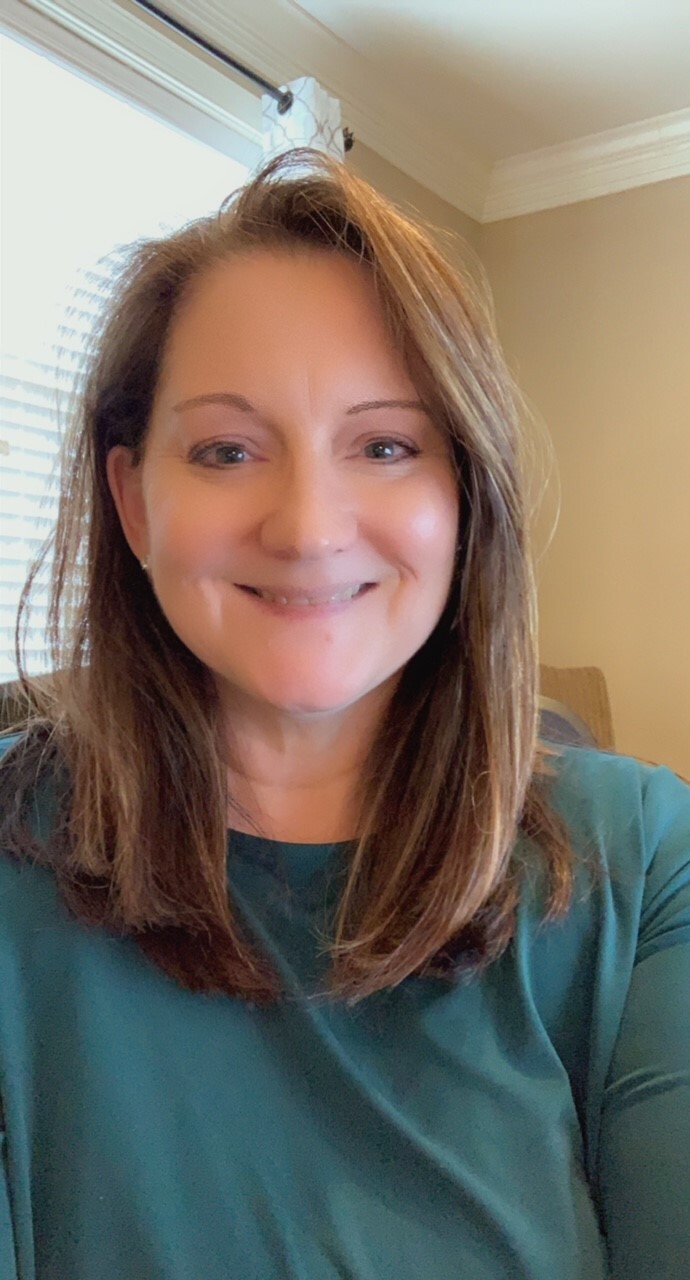
Stephanie Pilato (Moderator)
Senior Director, Finance and Contract Management
National Council on Aging
Stephanie Pilato is a 15+ year member of the NCOA Finance department and enjoys working on the annual budget, forecasting, and assisting project managers with proposal budgets.
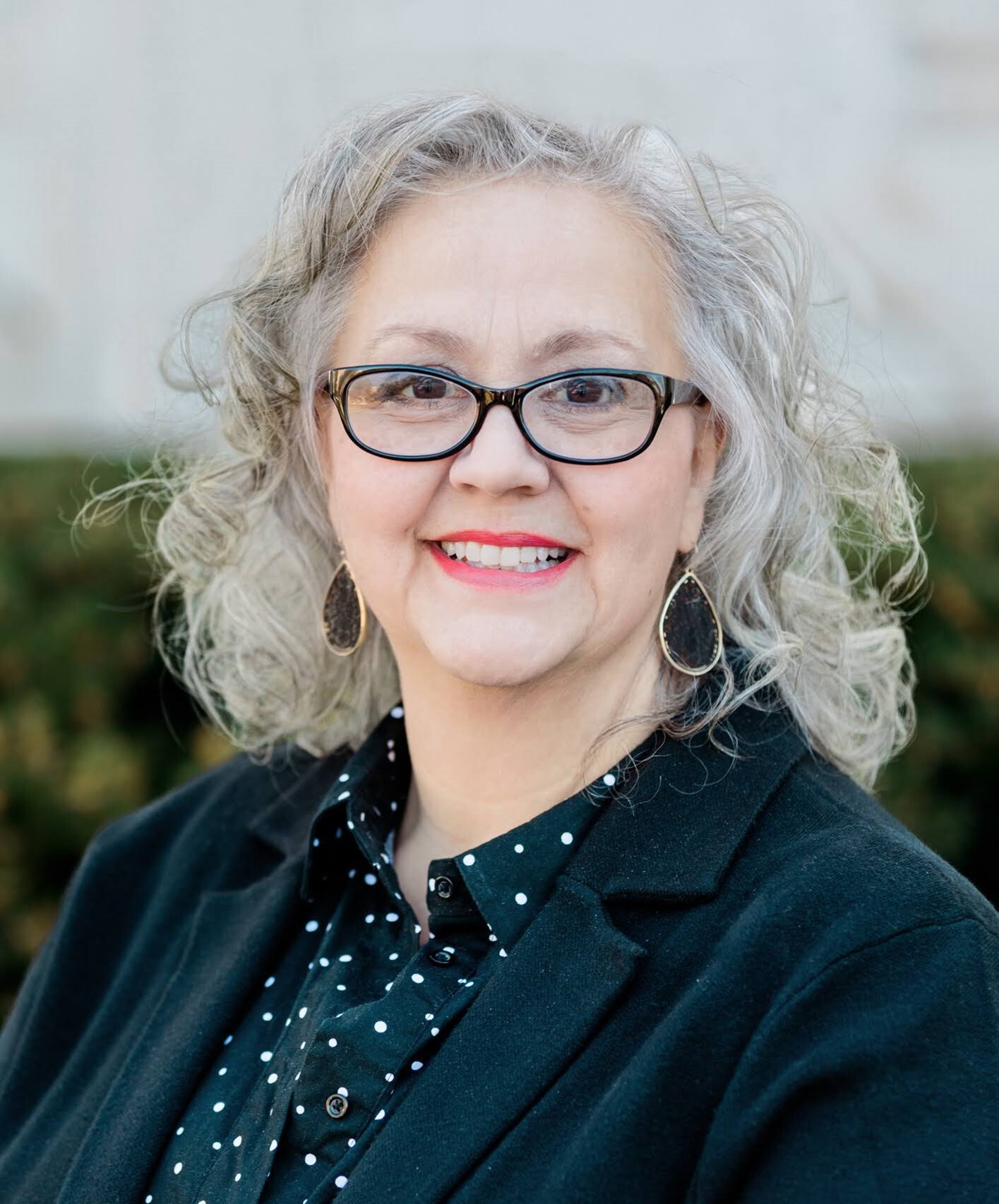
Maria Crowley, MA, CRC
Director of Professional Development
NASHIA
Maria plans and coordinates a spectrum of programs to enhance the knowledge and skills of the brain injury community, focusing on state government needs. She is also serves as a primary consultant for the TBI Technical Assistance and Resource Center, funded by the Administration for Community Living, supporting State TBI grantees and other stakeholders. She has worked in the disabilities field with state government for 34 years, and specifically in brain injury since 2000, to help individuals with disabilities reach their maximum potential in home, community, and employment. Maria was the State Head Injury Program Director for the Alabama Department of Rehabilitation Services (ADRS), designated lead agency in Alabama for traumatic brain injury (TBI) services, for 14 years. She continues to conduct a wealth of training issues related to traumatic brain injury, rehabilitation, employment, concussion management, intimate partner violence, service coordination and trauma/surveillance registries within business, state government, nonprofits and partner organizations.
Elizabeth Leef
Executive Director
Administration for Community Living
Elizabeth Leef is a program specialist at the Administration for Community Living (ACL). In this role, she serves as the Project Officer for the Federal Traumatic Brain Injury (TBI) Program and assists overseeing the TBI Coordinating Center contract. She also assists and monitors the Paralysis Resource Center and the National Limb Loss Resource Center as well as a handful of Protection and Advocacy grants. Ms. Leef has more than 20 years of experience advocating for people with disabilities and addressing barriers to healthcare and independent living.
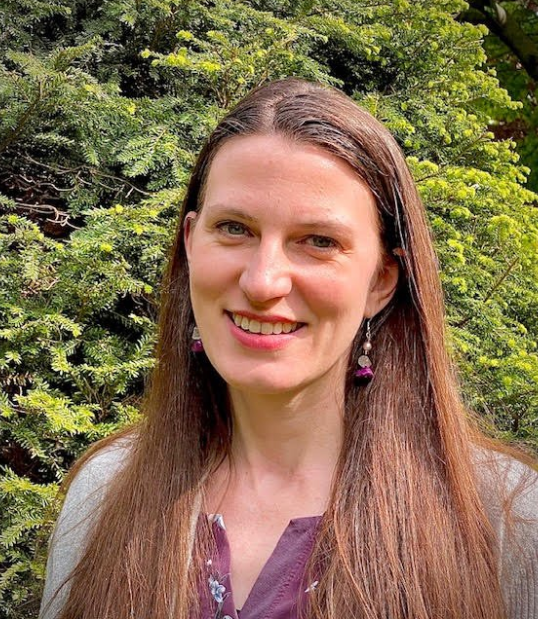
Amanda Tower
Grant Project Manager
Massachusetts Rehabilitation Commission
Amanda oversees all activities related to the recently awarded TBI State Partnership Program Grant from the Administration for Community Living. Amanda has spent the last year working with MRC to implement learning opportunities around brain injury, initiating and supporting the new Brain Injury Council and the on-going grant related activities. She has a strong background in non-profit leadership, where prior to joining MRC she spent 10 years uniting community members and partners to achieve common goals. Amanda is on the NASHIA Board of Directors as the Training and Education Committee Chair.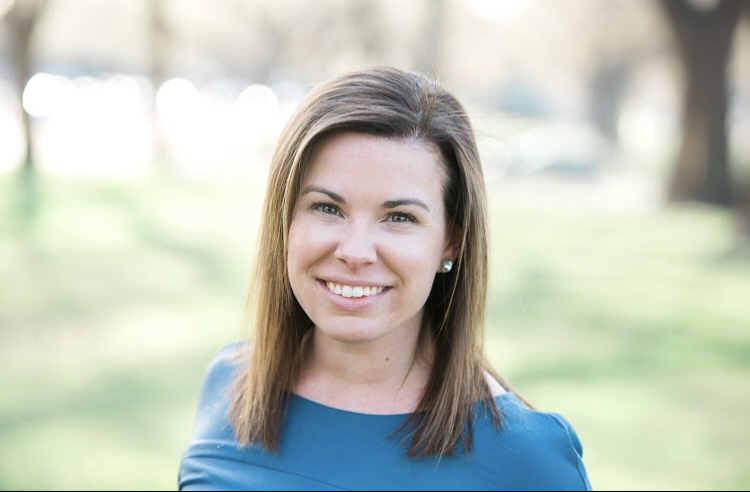
Rebeccah Wolfkiel MPP
Executive Director
National Association of State Head Injury Administrators
Becky joined NASHIA as Executive Director in January 2018. She brings fifteen years of experience in promoting policies that provide resources for individuals with brain injury, and their families. In her role as Executive Director, Rebeccah is committed to representing the interests of State governments and supporting the unique and integral role they play within the service delivery system. She has also worked with former Pennsylvania Governor, Tom Ridge, at the Ridge Policy Group, for ten years, where she formerly represented NASHIA as a government affairs advisor. She played an integral role in the successful reauthorization of the Traumatic Brain Injury in 2014, paving the way for the federal TBI program’s move to the Administration for Community Living.
Prior to her time at the Ridge Policy Group, Rebeccah worked on Capitol Hill for over six years where she served as Legislative Director to Congressman Todd R. Platts, Co-Chair of the Traumatic Brain Injury Taskforce.
-
Contains 1 Component(s)
Reaching Older Hispanic/Latino Adults Before They Fall Through the Cracks
Q1: Deep Dive: Reaching Older Hispanic/Latino Adults Before They Fall Through the Cracks
Community Health Workers (CHWs) are trusted members of their community who empower their peers through education and connections to health and social resources. Participants will leave with an understanding of the Community Health Worker (CHW) profession and how CHWs are instrumental in reaching and engaging underserved Hispanic/Latino older adults to enhance access to healthcare, preventing them from “falling through the cracks.""
At the end of this session, participants will be able to:
- Describe various barriers to accessing healthcare for many older Hispanic/Latino adults
- Identify the core competencies of the Community Health Worker (CHW) profession
- Explain how CHWs reach and engage older Hispanic/Latino adults to connect them to health and social resources
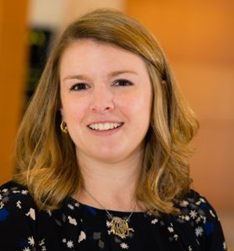
Kathleen Zuke, MPH (she/her) (Moderator)
Director, Center for Healthy Aging
National Council on Aging
Kathleen Zuke was privileged to grow up with eight loving grandparents and developed a passion for supportive services for older adults as a caregiver for her grandfather. She has been a Senior Program Manager with the Center for Healthy Aging since 2015. In this role, she works collaboratively with community-based partners across the country to identify, implement, and sustain evidence-based programs that support older adults in staying well and aging in the community, including chronic disease self-management education, falls prevention, and behavioral health. She has a Master’s degree in Public Health from Hunter College and a Bachelor’s degree in Psychology from St. Mary’s College of Maryland.

Shannon Patrick, MPH
Health Strategy Specialist
MHP Salud
Shannon Patrick received a master’s in public health from the University of Michigan in Health Behavior and Health Education and has four years of experience managing Community Health Worker programs in Hispanic communities. She was a Program Director with MHP Salud’s Strengthening Aging Services for Older Hispanic Adults program, a minority Technical Assistance Resource Center (TARC), funded by the Administration for Community Living from 2020-2023. Shannon is currently working with MHP Salud as a Health Strategy Specialist, providing training and technical assistance to community health centers across the country on the role of Community Health Workers in reaching special and vulnerable populations, specifically migratory and seasonal agricultural workers. Shannon has experience teaching, conducting research, and presenting her work at various local, state, and national level conferences.
-
Contains 1 Component(s)
Building and Navigating Sustainable Partnership Development
R3: Deep Dive: Building and Navigating Sustainable Partnership Development
Building a network to offer CDSME and other programs with external partners can be difficult and time consuming. Utilizing existing organizational connections and resources, along with building systems that allow for seamless communication between organizations allows for a sustainable network to be constructed.
At the end of this session, participants will be able to:
- Identify strategies for engaging with partner organizations to implement CDSME programming.
- Modify existing program structures and models to implement CDSME and other programming.
- Build a system that allows for centralized referrals to be housed and sent to partner organizations.
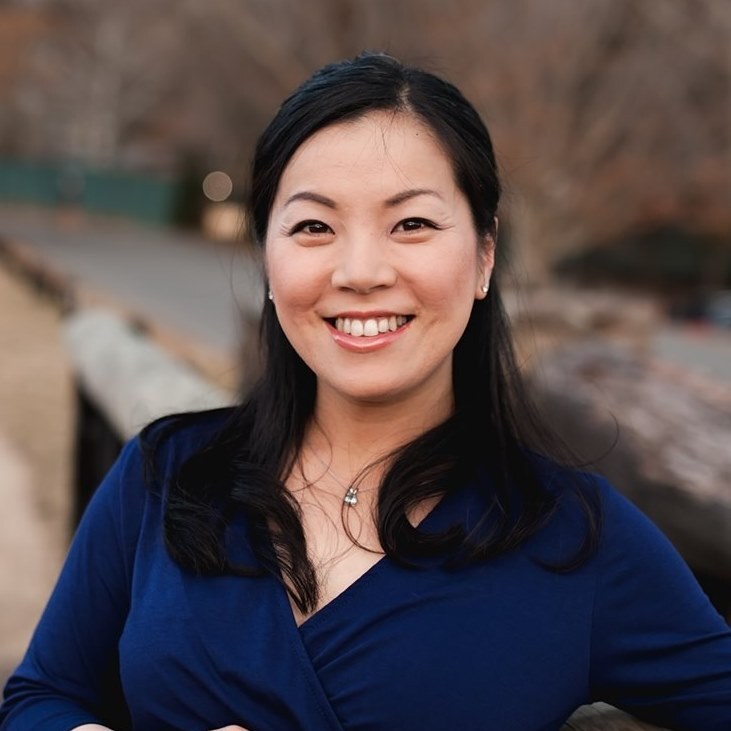
Yoko Meusch, MA (Moderator)
Program Associate, Center for Healthy Aging
National Council on Aging
Yoko Meusch, MA, is a Program Associate for the Center for Healthy Aging at National Council on Aging. Yoko provides technical assistance to U.S. Administration for Community Living (ACL) grant-funded community-based organizations promoting and implementing evidence-based Falls Prevention and Chronic Disease Self-Management education programs. In addition, she is a program administrator for Aging Mastery Program®, an NCOA’s signature program for aging well.
Yoko holds a Bachelor's degree in Management Studies from the University of Maryland Global Campus and a Master's Degree in Health Communication from Johns Hopkins University.
Joani Schmeling MPH MCHES
Program Manager
Health Promotion Council
Joani is a Program Manager with the Training and Capacity Building Program within the Health Promotion Council, an entity of Public Health Management Corporation (PHMC) in Philadelphia. She is responsible for overseeing and assisting organizations with implementing programs, including the National Diabetes Prevention Program, DSMES, Walk With Ease, and Self-Management Resource Center programming. She does this through community engagement, technical assistance, data support, and guidance recommendations.
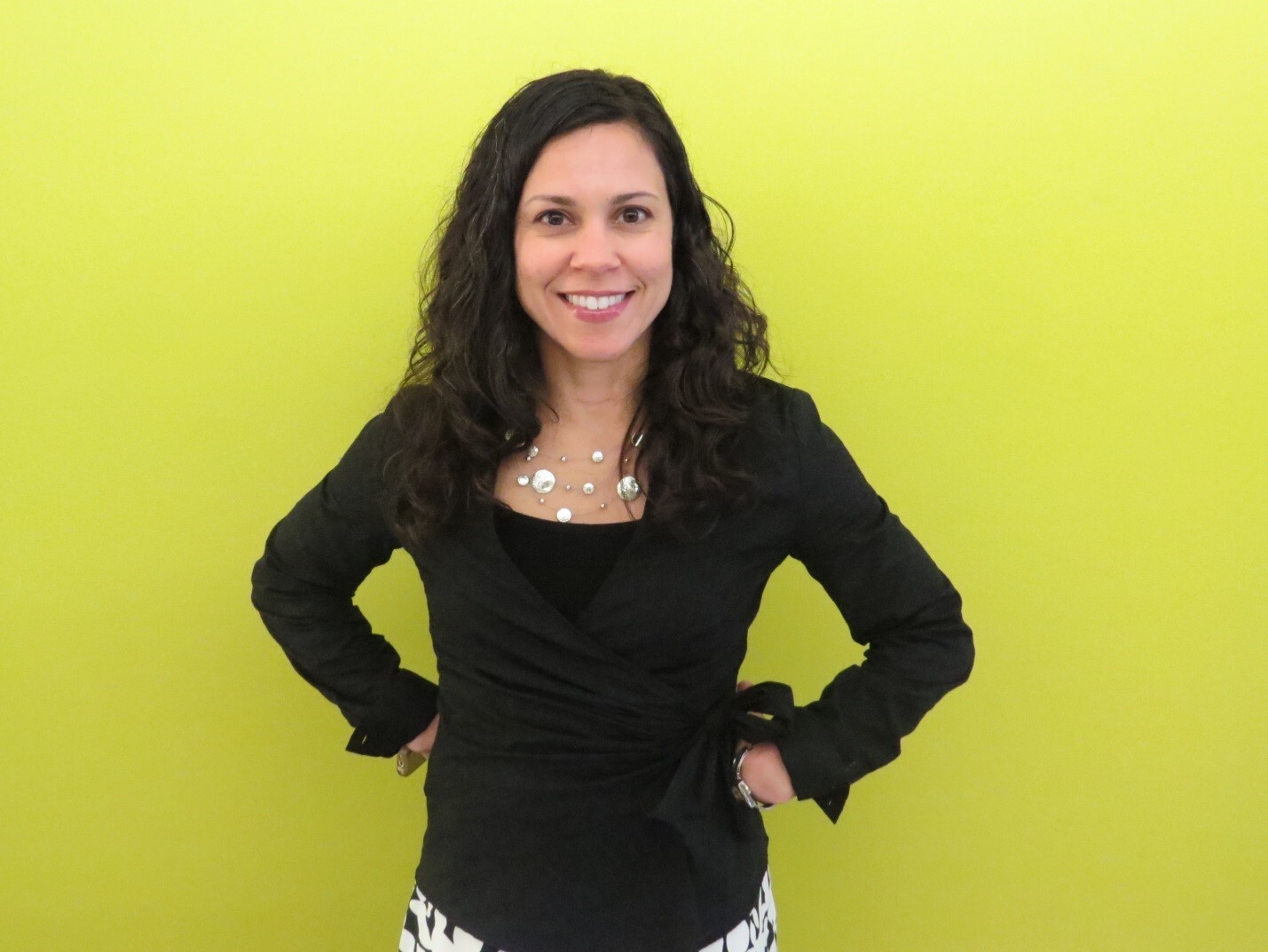
Gina Trignani, MS, RN, LDN
Director, Training and Capacity Building
Health Promotion Council
Gina Trignani, M.S., R.D., L.D.N., is the Director for Training and Capacity Building at Health Promotion Council, as subsidiary of Public Health Management Corporation. Over her many years of clinical and public health industry experience, as a registered dietitian, diabetes educator, clinical research associate, and project director, she has championed the delivery of and access to evidence-based chronic disease management and prevention programs with a focus on diabetes and diabetes prevention. She oversees a portfolio of grant funded projects which aim to bridge alliances with local, statewide and national partners in the provision of direct services, technical assistance, thought leadership, in addition to, policy and systems change. Gina is passionate about working with communities to address social determinants of health and reducing barriers to access and sustainability of evidence-based programs. Likewise, she strives to identify innovative solutions to continue to close the gaps within community and clinical integration, payment solutions, return on investment, and continuous quality improvement.
-
Contains 1 Component(s)
Innovations and Outcomes in Aging Services
R4: Deep Dive: Deep Dive: Innovations and Outcomes in Aging Services
New York leads the nation with innovations in programs, services, healthcare, and technology. Walk away with tangible data for local implementation. Session will focus on enabling other provider systems to implement new innovations and funding opportunities.
At the end of this session, participants will be able to:
- Identify - participants will identify best practice innovations for healthy aging, reduction in social isolation, access to care, workforce innovations, and budgeting
- Execute - participants will have all the tools necessary to implement programing in local areas based on lessons learned in NYSIntegrate - participants will learn how strong relationships between government, not for profit, and elected officials can increase opportunities in aging
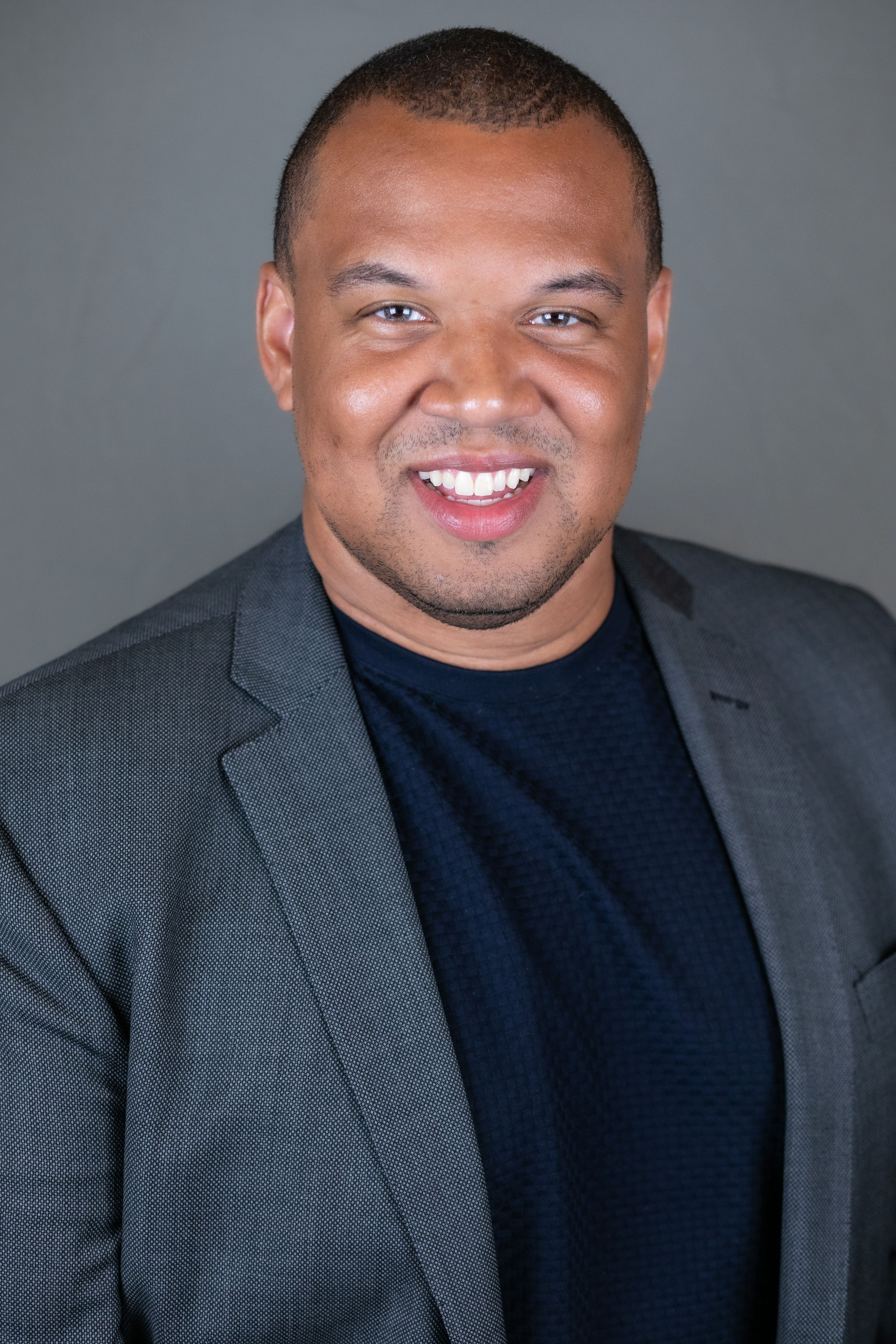
Sean Thomas (Moderator)
Manager of Executive Operations
National Council on Aging
Sean Thomas is the Manager of Executive Operations at the National Council on Aging. He is responsible for leading the support for the executive office of NCOA, specifically focused on supporting the integration of all departments and overall oversight for operational and administrative alignment, as well as management of NCOA’s national Board of Directors.
Prior to NCOA, Sean was the Special Assistant and Chief of Staff at the Fashion Institute of Technology Foundation, where he oversaw the advancement initiatives in sustainability, strategic philanthropy, and social impact investment to support the Fashion Institute of Technology’s unique and unconventional heritage.
From 2012 to 2017, Sean served as the Manager of Administration at Safe Kids Worldwide, where he helped develop the strategic direction of the organization by providing oversight of administration and operations and leading the advancement of priority programmatic objectives for child safety initiatives.
Sean has also held various leadership roles at Citizens United for Research in Epilepsy, Malaria No More, and Tiffany & Co. He is an inspirational corporate social responsibility leader that has had success guiding and building nonprofit organizations specializing in administration, operations, and board governance and has worked extensively throughout the United States, Europe, and Africa on several sustainable health and economic development programs. He is also a former Peace Corps volunteer serving in Kyrgyzstan from 2006-2007.
Sean holds a BA in International Studies from Hawaiʻi Pacific University and an MA in International Affairs from the New School University.

Greg Olsen
Director
New York State Office for the Aging, Executive Division
Greg Olsen is the acting director of the New York State Office for the Aging (NYSOFA). In this role, he is responsible for the development, implementation, and administration of programs and policies that help older New Yorkers and overseeing the administration of federal and state funded programs that assist more than 4.6 million older adults and 4+ million informal caregivers across New York State. Working with public and private partners at the state and local level, Greg is leading the effort to combat ageism, generalizations, and stereotypes about what aging is and demonstrating the value of not only the older population to their families, communities, and the state, but also the value of the network of aging services professionals in addressing social determinants of health and their role in helping older adults maintain their independence with dignity. Under Greg’s leadership, many innovative projects have been launched to improve the lives of older adults and their families including combatting isolation, loneliness and depression, lifelong learning opportunities, innovative projects supporting working and non-working caregivers that are being replicated across the nation.
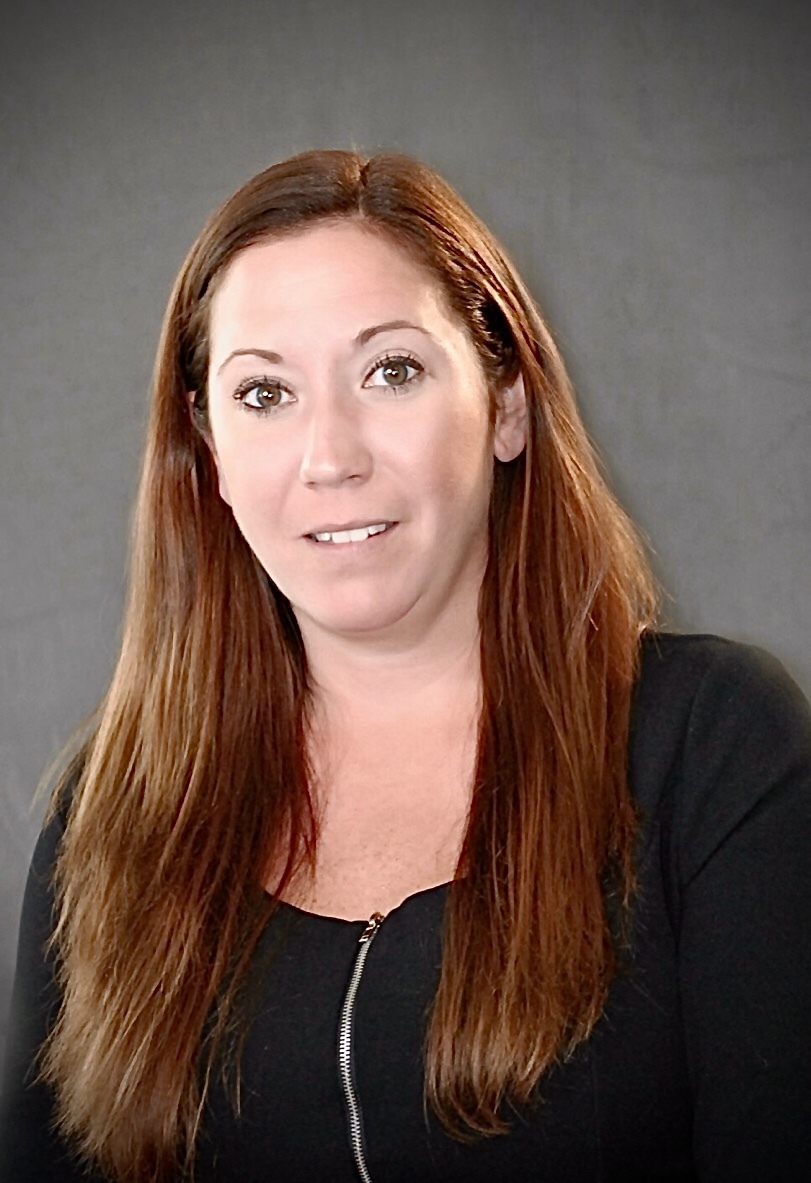
Becky Preve
Executive Director
Association on Aging in New York
Becky Preve is the Executive Director for the Association on Aging in New York, a member organization representing the 59 area agencies on aging in NY. The mission of the Association is to support and enhance the capacity of New York’s local area agencies on aging and to work in collaboration with the aging network to promote independence, preserve dignity, and advocate on the behalf of aging New Yorkers and their families. Prior to joining the Association, Becky was Director for Franklin County Office for the Aging. Prior to her tenure in the aging network, Becky was an acute care social worker at Alice Hyde Medical Center in Malone, NY. Becky earned her bachelors of Science degree from Clarkson University in 2002, and has also received certification from the Institute for HealthCare Improvement, and Boston University of Social Work. Becky is a Board member for Adirondack Health Institute, Hospice of the North Country, Cornell Cooperative Extension, Cerebral Palsy of the North Country, Fieldstone Foundation, and the Joint Commission for Economic Opportunity.
-
Contains 1 Component(s)
Utilizing Motivational Interviewing for Group Recruitment and Retention
S1: Skillbuilding: Utilizing Motivational Interviewing for Group Recruitment and Retention
Recruitment, retention, and effective integration into health care systems are frequent challenges and concerns for administrators of evidence-based group workshops. This workshop session will cover effective strategies for how to utilize motivational interviewing to improve the quality of recruitment, improve turn-out from registration, and help retain more participants as completers. Participants will learn specific strategies for assessing and engaging with individuals of various stages of change, and how that can benefit our recruitment and retention efforts.
At the end of this session, participants will be able to:
- Identify strategies for recruitment and retention informed by motivational interviewing.
- Outline ongoing opportunities to learn more about motivational interviewing to improve their practice and retain and recruit more participants.
- Practice utilizing motivational interviewing skills for recruitment and retention.
Laura Plunkett (Moderator)
Senior Program Specialist, Center for Healthy Aging
National Council on Aging
Laura B. Plunkett is a Senior Program Specialist with the Center for Healthy Aging at the National Council on Aging. In this role, she works with chronic disease self-management education and fall prevention grantees across the country to provide information, support, and resources to strengthen, expand, and sustain the delivery of evidence-based programs. Prior to joining NCOA, Laura spent four years at an Area Agency on Aging in North Carolina, where she coordinated the implementation of evidence-based health promotion programs in 12 counties. Her educational background includes a Bachelor of Arts in Psychology and Bachelor of Social Work from North Carolina State University and a Master’s degree in Public Health from The University of North Carolina at Greensboro. Her professional interests include the integration of community-based services and health care, the sustainability of evidence-based programs, and continuum of care efforts.
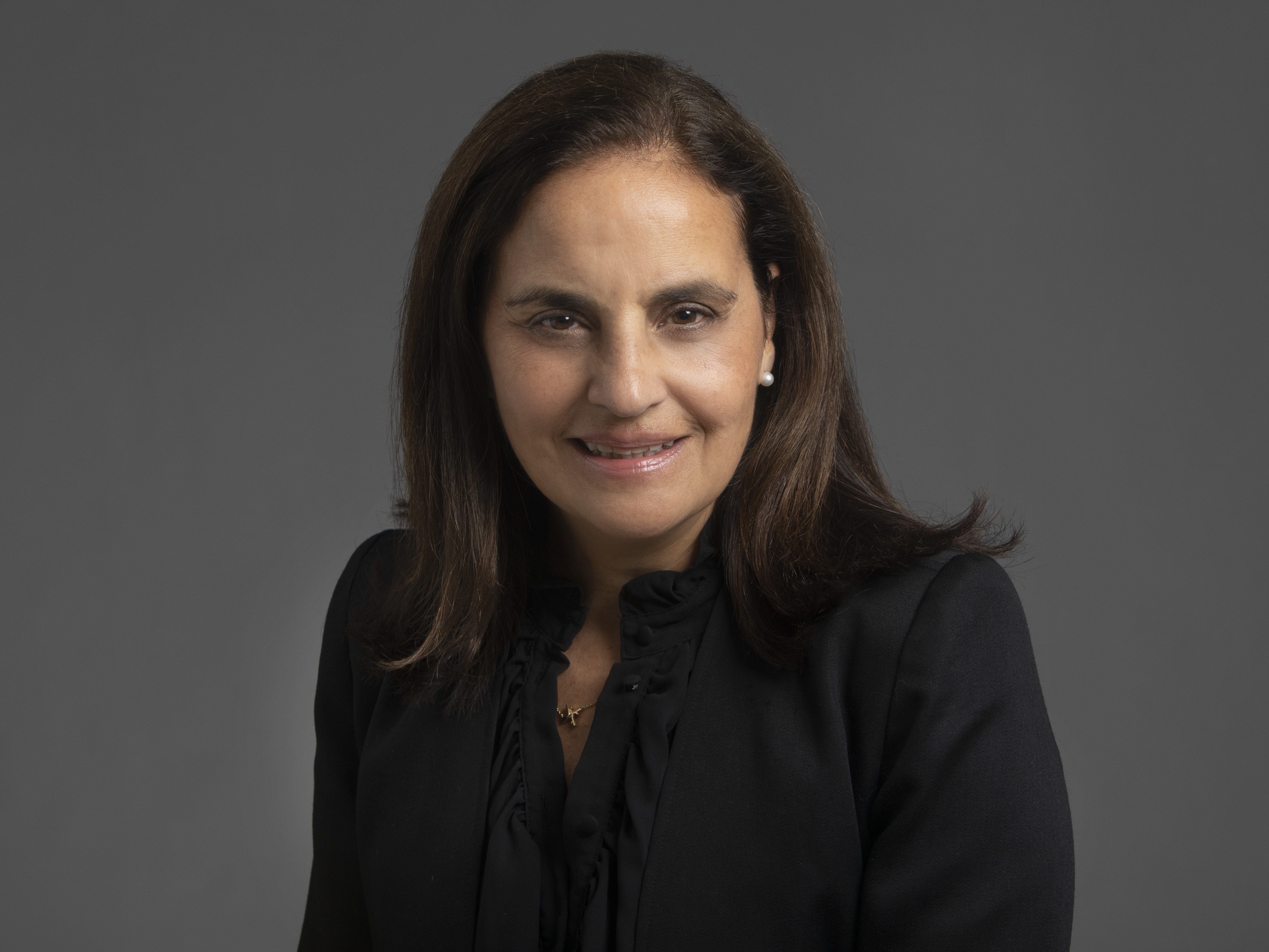
Jeaneane J. Quinn, MSW, LSW
Senior Wellness Social Worker
Rush University Medical Center
Jeaneane Quinn, MSW, LSW, is a Geriatric Social Worker in the Rush Department of Social Work and Community Health. Jeaneane received her Master of Social Work degree, with a Specialization in Gerontology, at Loyola University Chicago School of Social Work, and a Bachelor of Science degree at Brown University. She provides clinical social work services both at Rush and in the community at four Chicago Department of Family & Support Services Senior Centers. She also facilitates a monthly caregiver support group in collaboration with the Alzheimer’s Association. Jeaneane is highly skilled in using motivational interviewing to assess and encourage participant engagement in health promotion and disease prevention programs. She is dedicated to fostering awareness, advocacy, and education around fall prevention, as a Master Trainer for Matter of Balance and instructor for Tai Chi for Arthritis and Fall Prevention.
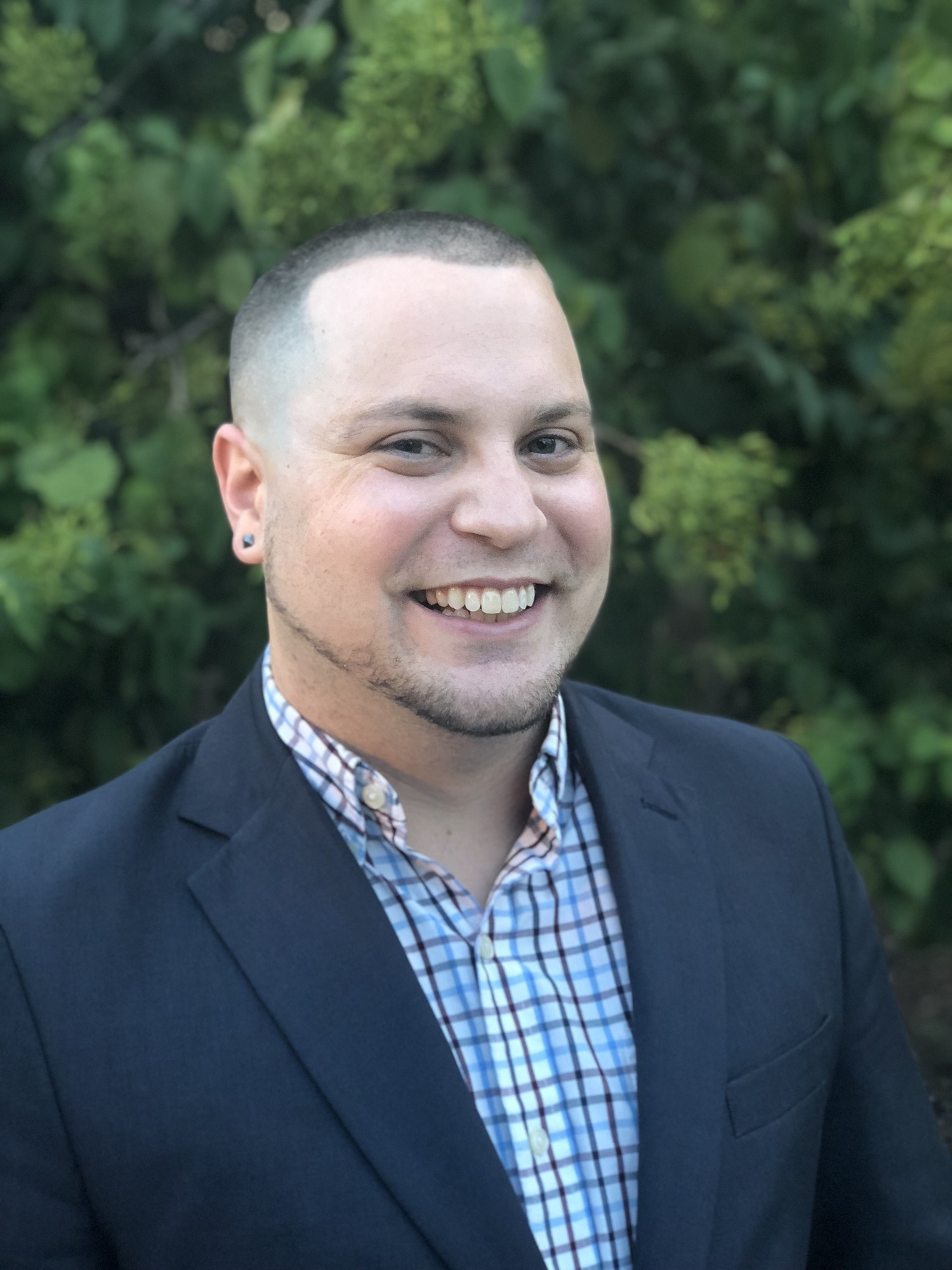
Padraic Stanley, MSW, LCSW
Program Manager
Rush University Medical Center
Padraic Stanley is a social worker living in Chicago, IL. He currently works as a program manager for community-based health promotion for the Rush University Medical Center Department of Social Work & Community Health. He is also the chair of Rush’s Immigrant Health Working Group, which is oversees Rush’s immigrant health and welcoming healthcare initiatives. He is a graduate of the Loyola University Chicago School of Social Work, where he completed the Albert Schweitzer Fellowship and completed clinical practicum at Heartland Human Care Services and the Illinois Coalition for Immigrant and Refugee Rights. Currently, he is an adjunct professor of social work at Loyola University Chicago, Associate Professor of Social Work for the Rush University College of Health Sciences, on the associate board for Erie Neighborhood House, and the executive board for the International Association for Social Work with Groups.

